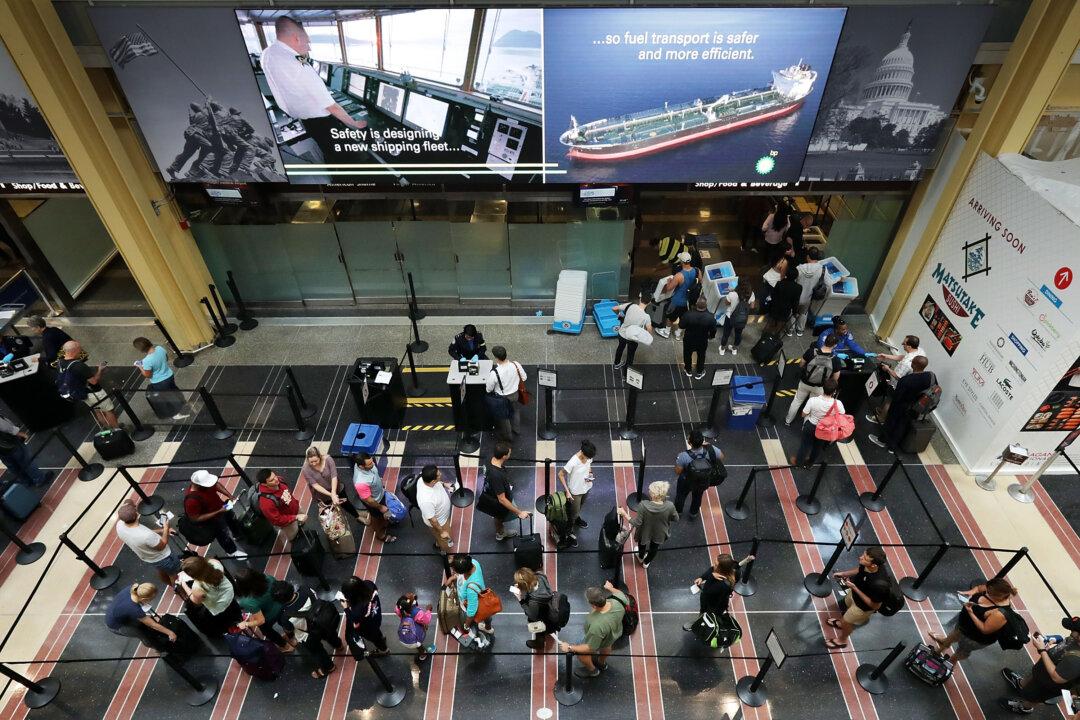There is a push to privatize the Transportation Security Administration (TSA), which some believe will make the agency known for airport security screenings less expensive and more effective. The TSA has expressed openness to using private airport security and, facing budget cuts, has also floated the idea of passing the responsibility to guard airports to state and local governments.
The United States is among only a handful of Western countries that use government-run screeners at airports. According to a Heritage Foundation report, in 2017 there were only four European airports (Bulgaria, Poland, Romania, and Switzerland) that used government screeners. In Canada, according to the report, private screeners cost about 40 percent less per capita and 15 percent less per traveler than the TSA costs in the United States.





